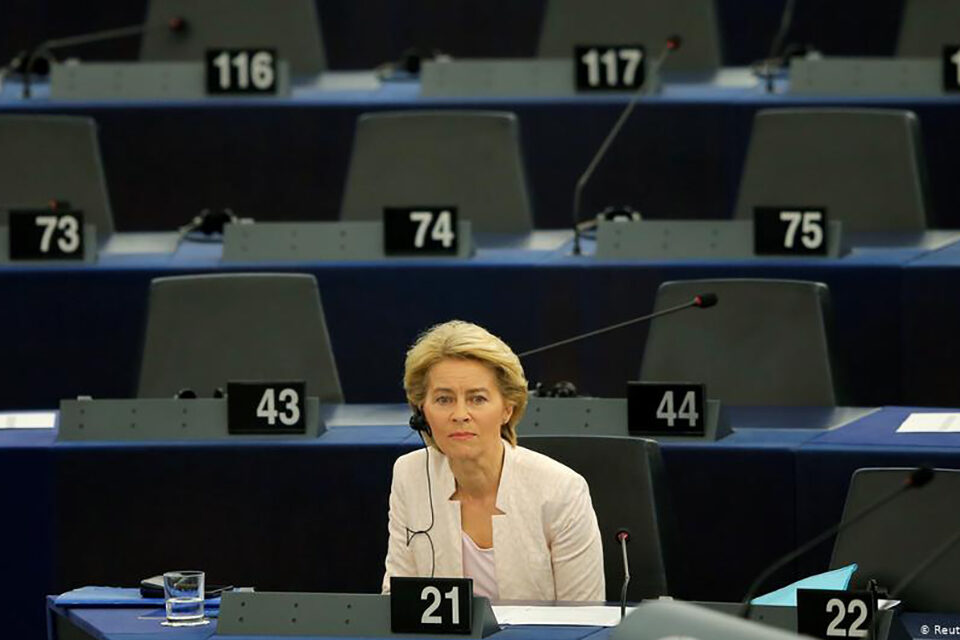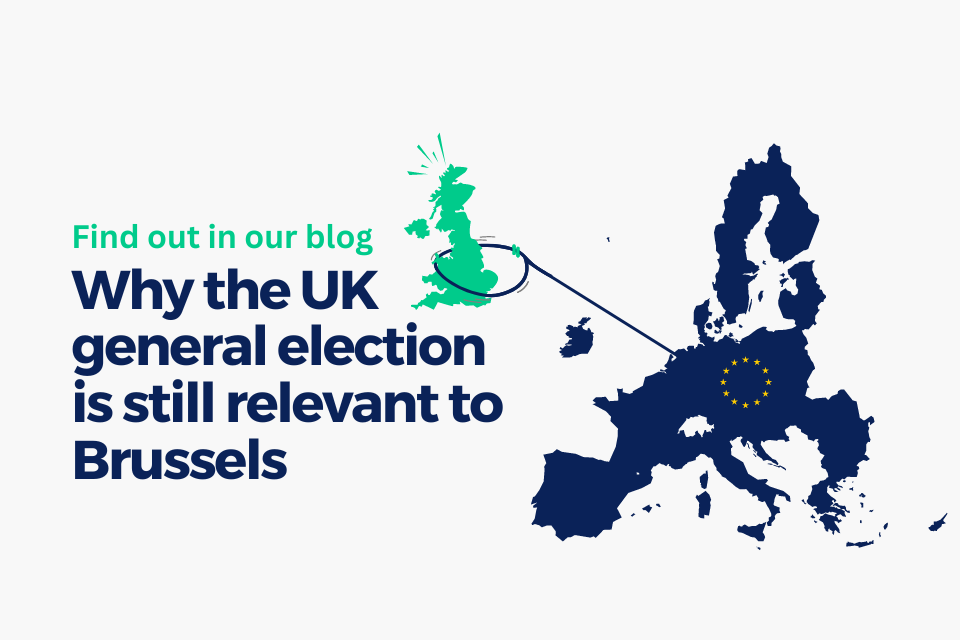“An EU that protects”: the old guard’s leitmotif in a new order?

The relief on Ursula von der Leyen’s face was palpable. She had just been approved as Commission President by the European Parliament with a majority of nine votes.
Von der Leyen is in many ways the embodiment of the Brussels old guard. A North-Western European Christian Democrat with impeccable federalist credentials, she and her peers find themselves very much in a new order. This is one where the centre-right (EPP) / centre-left (S&D) “grand coalition” the two largest parties fought so hard to build and maintain, no longer holds enough clout to drive through legislation alone.
In the May 2019 European Parliament elections, the S&D group haemorrhaged votes to the Greens, while liberals – now rechristened Renew Europe – took a chunk out of the EPP’s share. Now, all four parties are needed for a stable majority. This puts von der Leyen in something of a predicament. How can a minority old guard govern in (and claw-back power from) a new order?
Her strategy seems to be based on showing citizens what the EU does for them, building legislative momentum around that, and thereby regaining trust and votes before the next election while keeping potential pro-EU allies onside. The Commission President (but also her Directorates-General, and the European Council) have all put this approach at the core of their programmes for the next five years.
Reading these documents, the many references as to how the EU “protects” and “preserves” are striking. By promising to voters on the left to protect: data, consumers, and the environment; as well as jobs, borders, and the “European way of life” at the same time for those on the right, von der Leyen has come up with a formula she hopes will stem the flow of votes to the political margins, and give her enough policy cover to command a cross-party majority in a hostile Parliament.
It is still early days to see how this pans out. Her portfolios and policy priorities she gives to Commissioner candidates (due to be announced tomorrow), and their subsequent hearings in the Parliament, will offer a further indication. But there are already grumblings from even her own EPP group.
One thing is clear, though. Stakeholders wishing to set the agenda are going to have to do some narrative development of their own. It is no longer enough just to target one or two political factions. To effect change, they will have to demonstrate how what they have to offer helps build “an EU that protects” across the political aisle.


